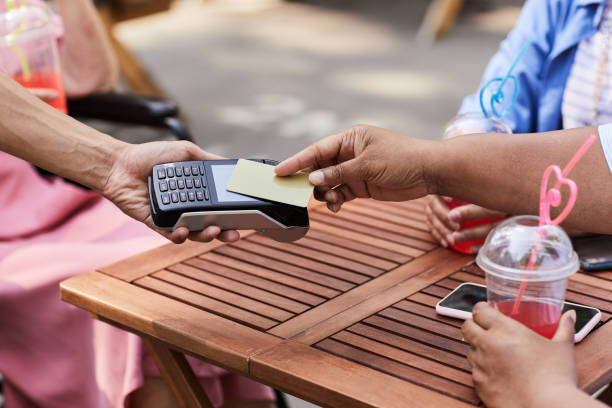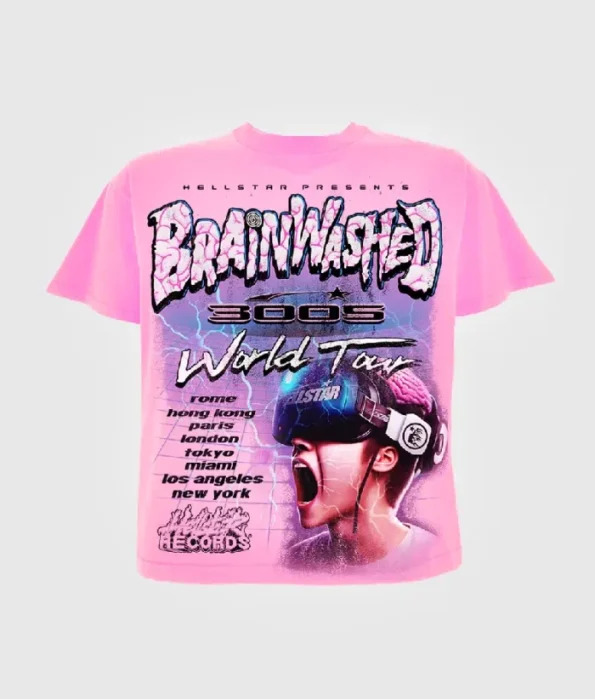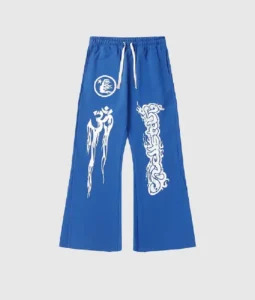1. Introduction to NFC Business Cards
Near Field Communication (NFC) technology has revolutionized how businesses interact and share information. NFC business cards, embedded with small NFC chips, allow users to transmit contact details, portfolio links, or social media profiles directly to a smartphone with just a tap. This modern solution offers a more interactive and eco-friendly alternative to traditional paper business cards, making them increasingly popular across various industries.
This article explores the industries that are at the forefront of adopting NFC business cards, highlighting how this innovative technology is reshaping networking and professional interactions.
- Advantages of NFC Business Cards
Before diving into the industries, it’s essential to understand why NFC business cards are gaining traction. Key benefits include:
- Ease of Use: NFC cards allow quick sharing of information, eliminating the need for manual data entry.
- Eco-Friendly: They reduce paper waste, supporting sustainability initiatives.
- Customizable: Users can update the embedded data, making them versatile for changing needs.
- Cost-Effective: Despite higher initial costs, their reusability can save money in the long run.
- Tech-Savvy Appeal: NFC business cards enhance brand perception by showcasing innovation.
- Data Tracking: Many NFC platforms offer analytics, enabling users to track interactions and engagements.
These advantages make NFC business cards especially appealing to industries that value innovation, efficiency, and sustainability.
3. Industries Leading the Adoption of NFC Business Cards
3.1. Technology and IT
Why Technology and IT?
The tech industry thrives on innovation and staying ahead of the curve. NFC business cards align perfectly with the sector’s ethos by offering a cutting-edge solution for professional networking. Tech professionals often attend conferences, trade shows, and hackathons, where exchanging contact information quickly and efficiently is critical.
Use Cases
- Startups: Founders use NFC business cards to share pitch decks, websites, or investor contact details seamlessly.
- Developers: They often link their portfolios, GitHub profiles, or resumes.
- Tech Giants: Companies use NFC cards for employees attending international events, branding them as forward-thinking organizations.
3.2. Real Estate
Why Real Estate?
Real estate professionals rely heavily on networking and client engagement. NFC business cards provide a streamlined way to share property listings, contact details, or virtual tours instantly.
Use Cases
- Realtors: Share interactive property portfolios or schedule appointments on the spot.
- Developers: Present project details, site plans, or brochures digitally.
- Brokerages: Equip agents with branded NFC cards to stand out in competitive markets.
3.3. Marketing and Advertising
Why Marketing and Advertising?
This industry thrives on creativity and first impressions. NFC business cards offer marketers and advertisers a unique way to showcase their expertise while demonstrating technological savvy.
Use Cases
- Event Marketers: Link to event landing pages or promotional campaigns.
- Digital Marketers: Share portfolios or analytics dashboards with potential clients.
- Advertising Agencies: Provide clients with interactive case studies or video ads.
3.4. Hospitality and Events
Why Hospitality and Events?
Networking is central to hospitality and event management. NFC business cards provide a seamless and memorable way to connect with clients, vendors, and partners.
Use Cases
- Hotel Managers: Share loyalty programs, booking details, or contact info.
- Event Planners: Provide schedules, vendor lists, or event details instantly.
- Chefs and Restaurateurs: Link to menus, reservation systems, or customer reviews.
3.5. Healthcare
Why Healthcare?
In the healthcare industry, trust and professionalism are paramount. NFC business cards offer a modern and efficient way for professionals to share credentials and establish credibility.
Use Cases
- Doctors and Specialists: Share digital resumes, certifications, or clinic details.
- Pharmaceutical Representatives: Provide product brochures or sample requests instantly.
- Medical Facilities: Distribute emergency contact information or healthcare resources.
3.6. Creative and Freelance Professionals
Why Creative and Freelance Professionals?
Artists, designers, and freelancers need to make a lasting impression. NFC business cards allow them to share portfolios, showcase work, and highlight their creative abilities with a tech-forward approach.
Use Cases
- Photographers: Share galleries or booking forms.
- Graphic Designers: Provide links to design portfolios or client testimonials.
- Freelance Writers: Offer quick access to writing samples or LinkedIn profiles.
3.7. Education and Academia
Why Education and Academia?
Academia relies on the exchange of information. NFC business cards enable educators and researchers to share publications, credentials, and contact details efficiently.
Use Cases
- Professors and Researchers: Distribute research papers or CVs during conferences.
- Educational Institutions: Provide details about programs, courses, or campus tours.
- Students: Share resumes or academic projects with recruiters.
3.8. Retail and E-commerce
Why Retail and E-commerce?
In a competitive market, retail and e-commerce businesses need to stand out. NFC business cards help create a memorable brand impression while enabling easy access to online stores or promotional campaigns.
Use Cases
- Store Owners: Share digital catalogues or loyalty programs.
- E-commerce Brands: Link to product pages, reviews, or discounts.
- Sales Representatives: Provide clients with pricing details or promotional offers.
4. Future Prospects of NFC Business Cards Across Industries
The adoption of NFC business cards is expected to grow as industries increasingly prioritize sustainability, efficiency, and technological integration. Emerging trends include:
- Integration with CRM Systems: Allowing seamless data capture and follow-ups.
- Advanced Analytics: Offering deeper insights into networking engagements.
- Cross-Platform Compatibility: Ensuring wider accessibility.
- Customization: Providing dynamic updates to cater to specific audiences.
As NFC technology evolves, its applications will become more versatile, further embedding it into professional interactions.
5. Conclusion
NFC business cards are more than a networking tool; they represent a shift toward a more sustainable and tech-savvy future. Industries such as technology, real estate, marketing, hospitality, healthcare, and education are leading the way in adopting this innovative solution. By leveraging the benefits of NFC business cards, professionals can create lasting impressions, enhance their efficiency, and stay ahead in their respective fields.
As the demand for smarter and greener solutions grows, NFC business cards will continue to revolutionize how industries connect and communicate. Whether you are in tech or retail, adopting NFC business cards could be your next step toward modernizing professional interactions.










